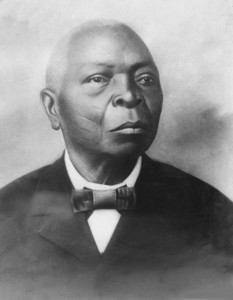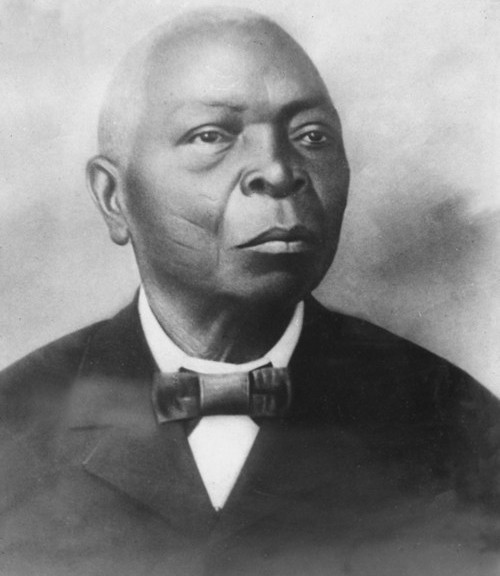 Not long after I began writing Babalawo, Santeria’s High Priests, I was faced with a choice: use the Afro-Cuban Lucumi language, Yoruba, or the common pseudo-Yoruba (Yoruba without the diacritical marks) now used by a number of Western writers. I was tending towards using Lucumà I had discovered in years previous that the language and the religion itself was not nearly as ‘degraded’ as many, including myself, had thought.
Not long after I began writing Babalawo, Santeria’s High Priests, I was faced with a choice: use the Afro-Cuban Lucumi language, Yoruba, or the common pseudo-Yoruba (Yoruba without the diacritical marks) now used by a number of Western writers. I was tending towards using Lucumà I had discovered in years previous that the language and the religion itself was not nearly as ‘degraded’ as many, including myself, had thought.
The Lucumà language came from a mix of dialects of what is now Yoruba, mainly Oyó and Egbado, with elements of Spanish thrown in. The biggest change that occurred was that the Yoruba tones were replaced by accents.
I was also already aware that the Yoruba dictionaries themselves had been created using a mix of Egbado language with Oyó grammar by Christian missionaries who were intent on creating a ‘Yoruba nation’ of sorts and a Christian one at that. Please remember that at the time most of the slaves came to Cuba, there was no Yoruba people as such, just a large number of nations speaking similar tongues and claiming to be descendants of Oduduwa.
But as time went on it became more and more apparent that there really was more at stake: I slowly came to realize that the myth that the language and rituals of Santeria were merely debased versions of ‘pure’ Yoruba rituals and language was just that: a myth. The traditions practiced in Yorubaland had changed as much or more than those in Cuba which is natural as cultures and languages are living things which grow and change.
With time I slowly began to realize that this myth, perpetuated by ethnologists as well as practitioners were intentionally being used by certain people and groups to undermine Santeria in favor of certain African traditions as they are being practiced today.
A watershed moment occurred when I picked up the book “The Cooking of History: How NOT to Study Afro-Cuban Religion” by Stephan Palmie. In this groundbreaking work, he revealed how these depictions were often intentional and conscious attempts on the part of certain Yoruba religious entrepreneurs and their partisans to become the sole faction to speak for the religion. I then realized that whichever way I spelled the words in my book, it would necessarily be a political act whether I liked it or not. Therefore I needed to choose very carefully… Sometimes seemingly trivial things can have big repercussions.
If I used the now popular pseudo-Yoruba form of writing terms (Yoruba without the diacritical marks showing tones and other sounds), I would be conceding that the Lucumà language and religion is a degraded form of the Yoruba versions and are somehow in need of correcting, which they are not. So, I decided to use the classic Lucumà orthography taken from the Spanish, as LucumÃs have been writing the language for more than a hundred years (and before there was a ‘Yoruba people.’ So I decided to commit fully to using Lucumà terms in the book, an act which clearly states that the Lucumà language and the Lucumà religion are correct just the way they are.
 Pre-order Babalawo, Santeria’s High Priests by Frank Baba Eyiogbe from Llewellyn Worldwide
Pre-order Babalawo, Santeria’s High Priests by Frank Baba Eyiogbe from Llewellyn Worldwide


